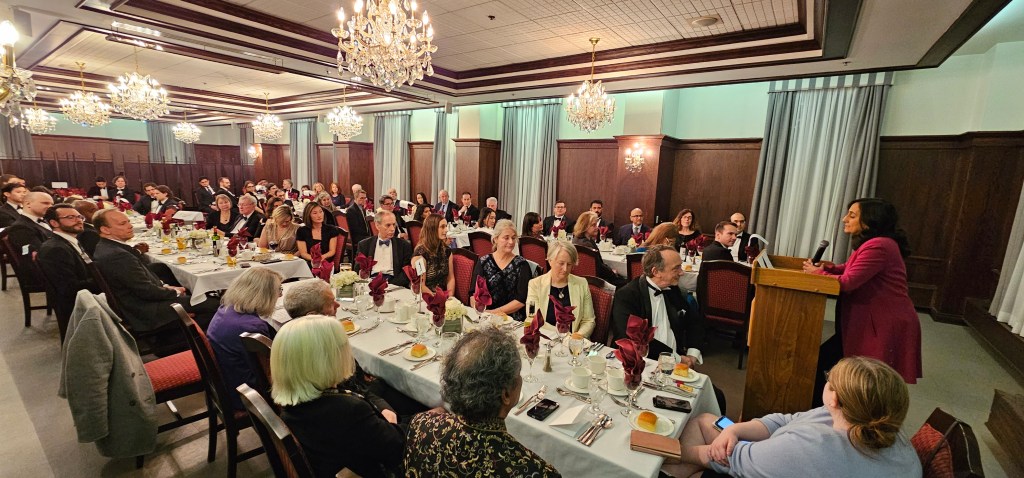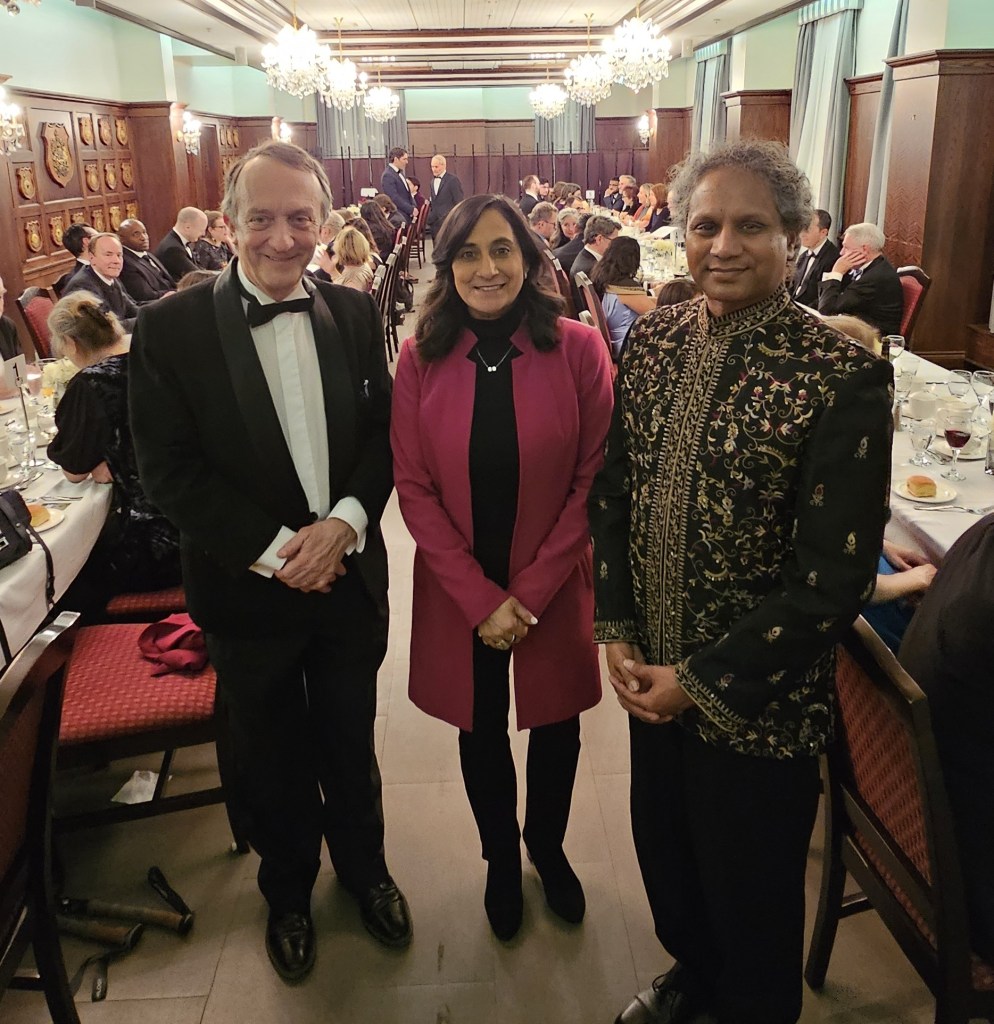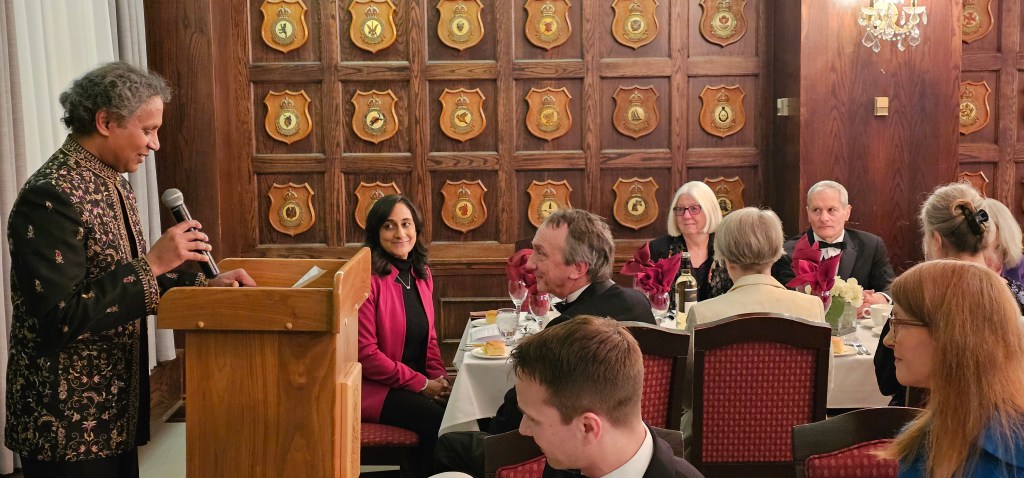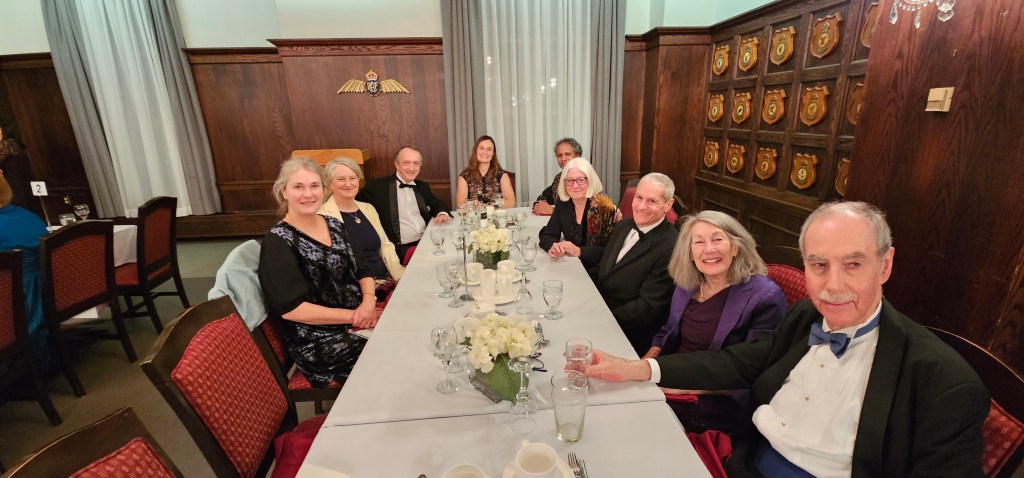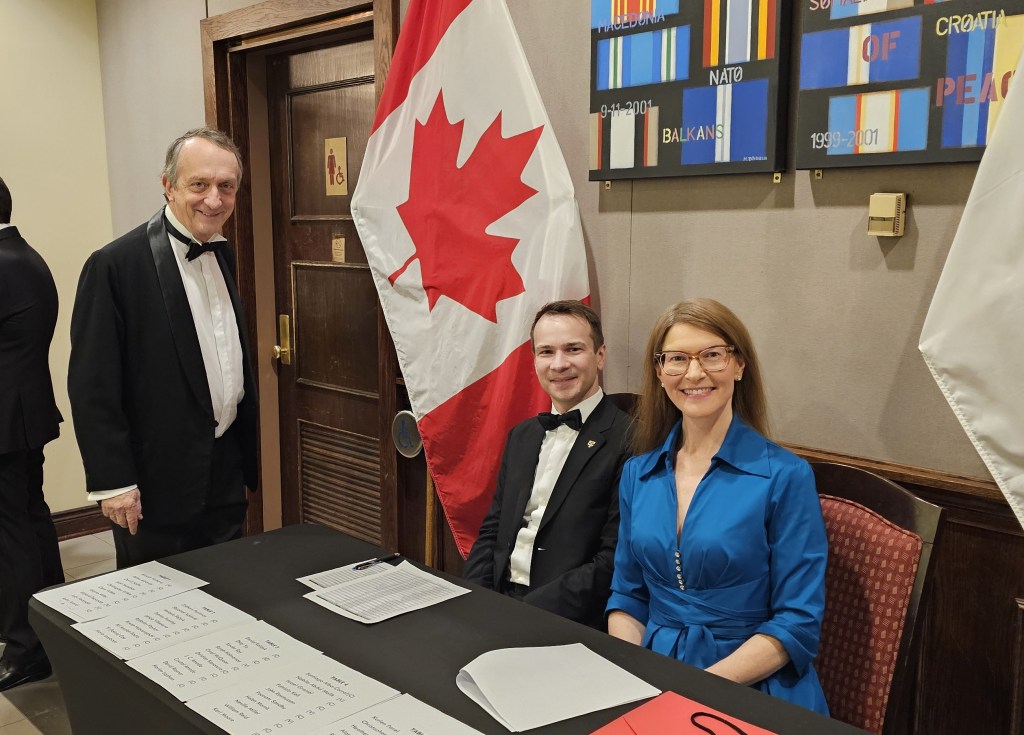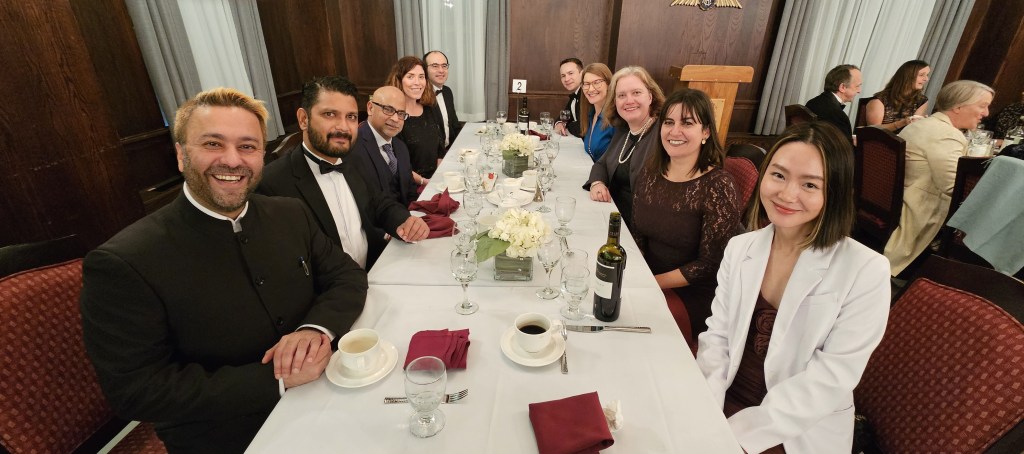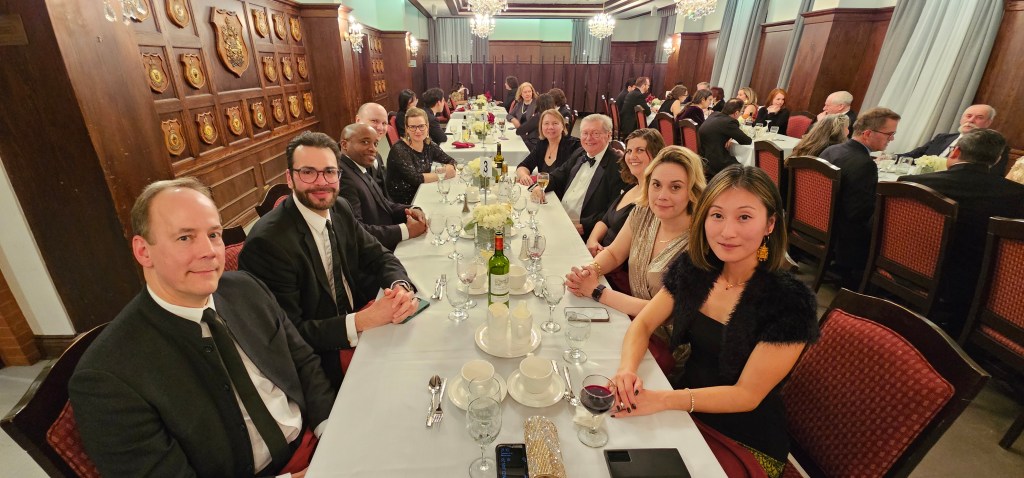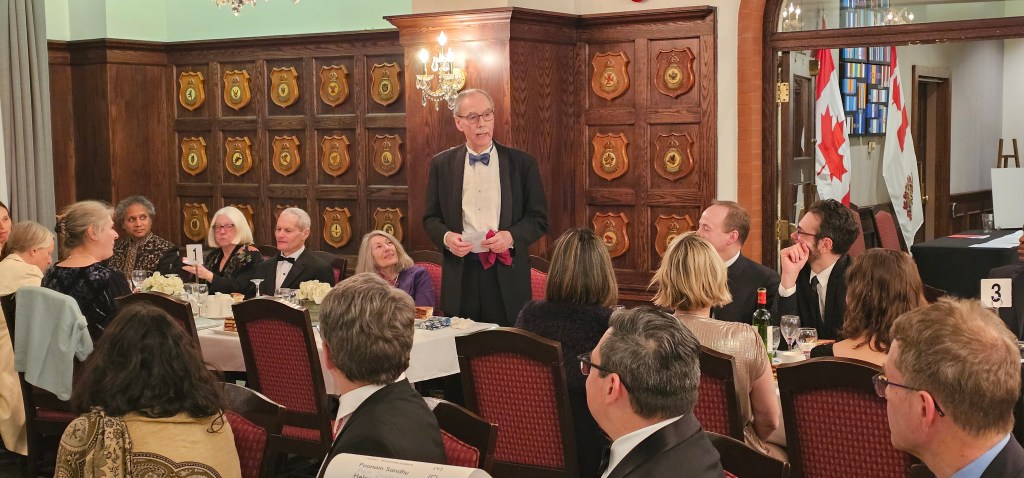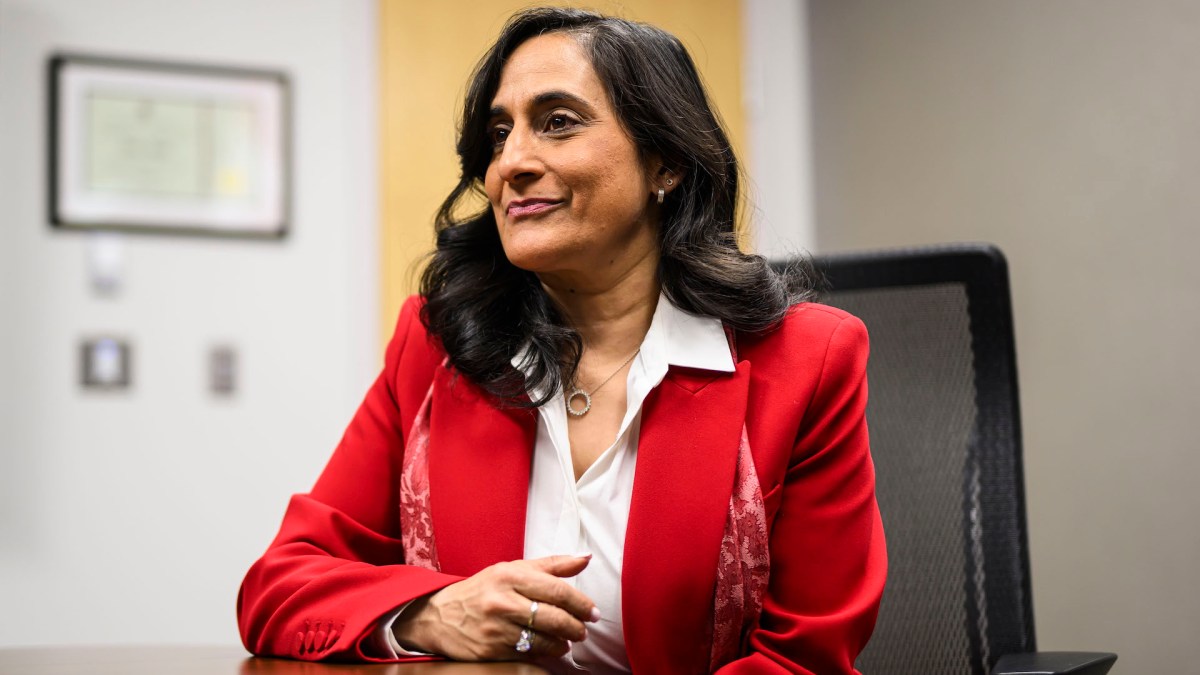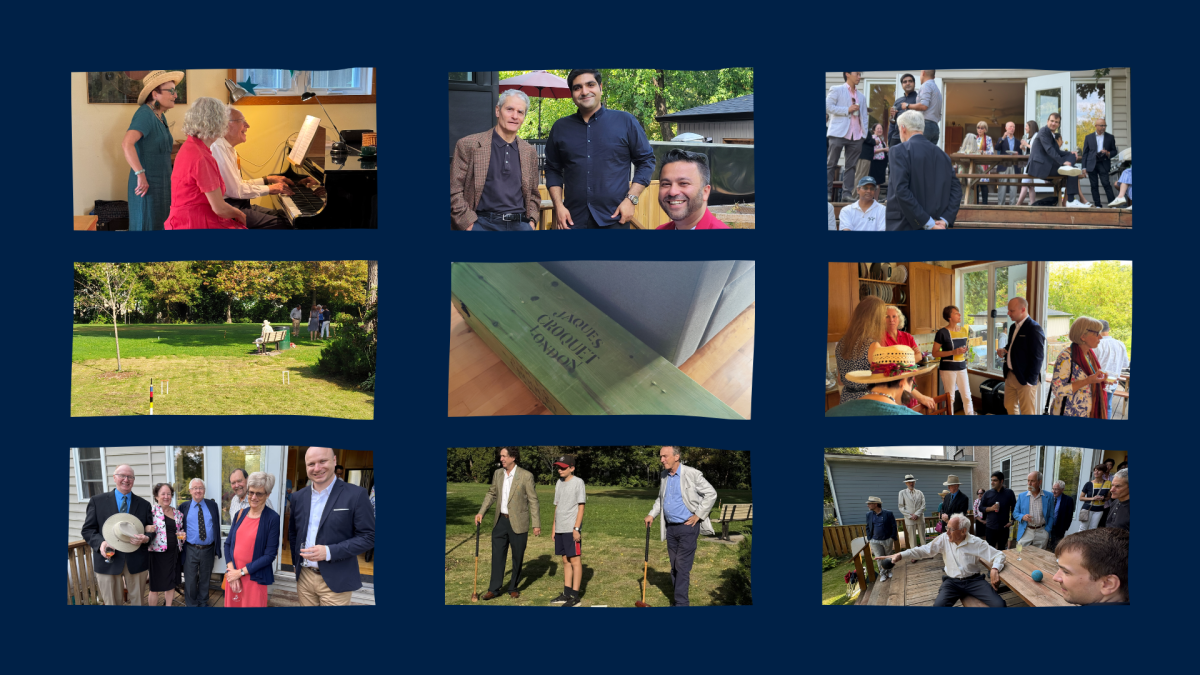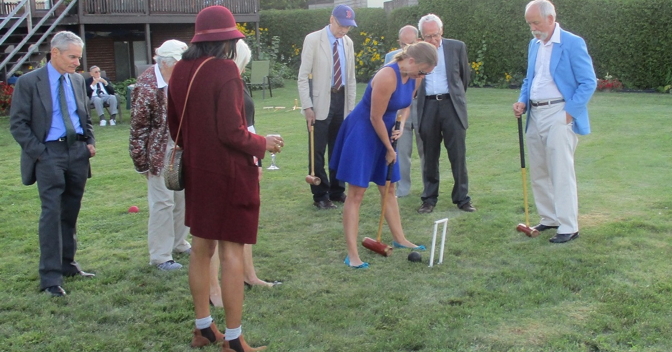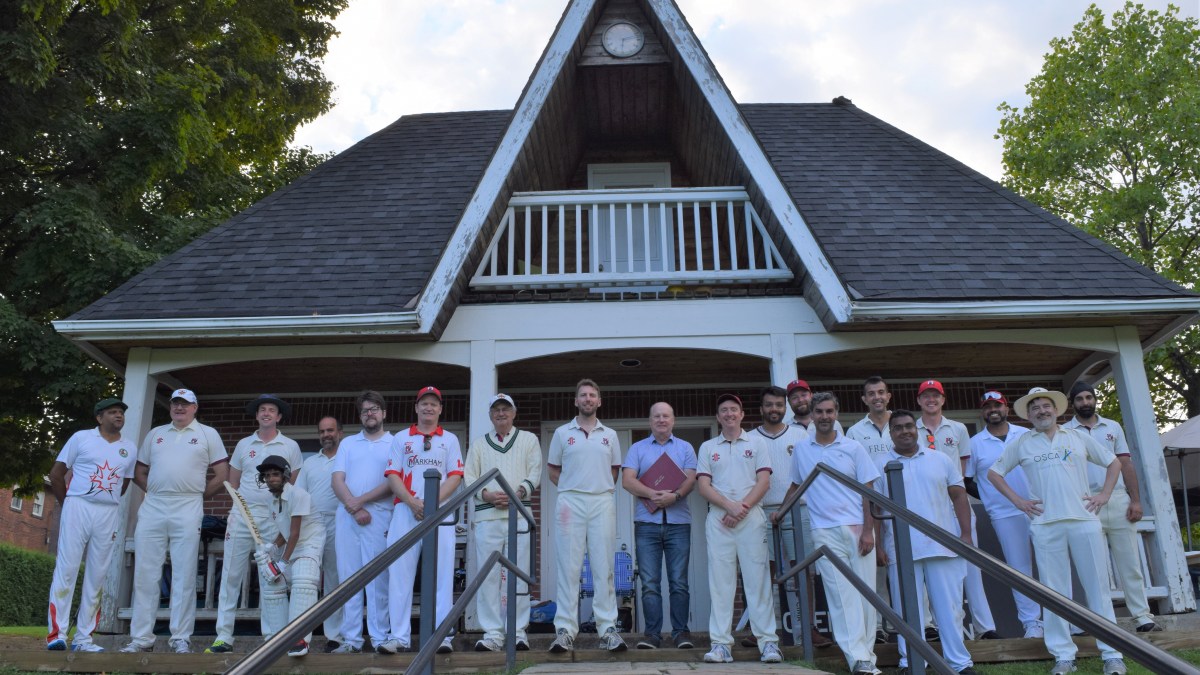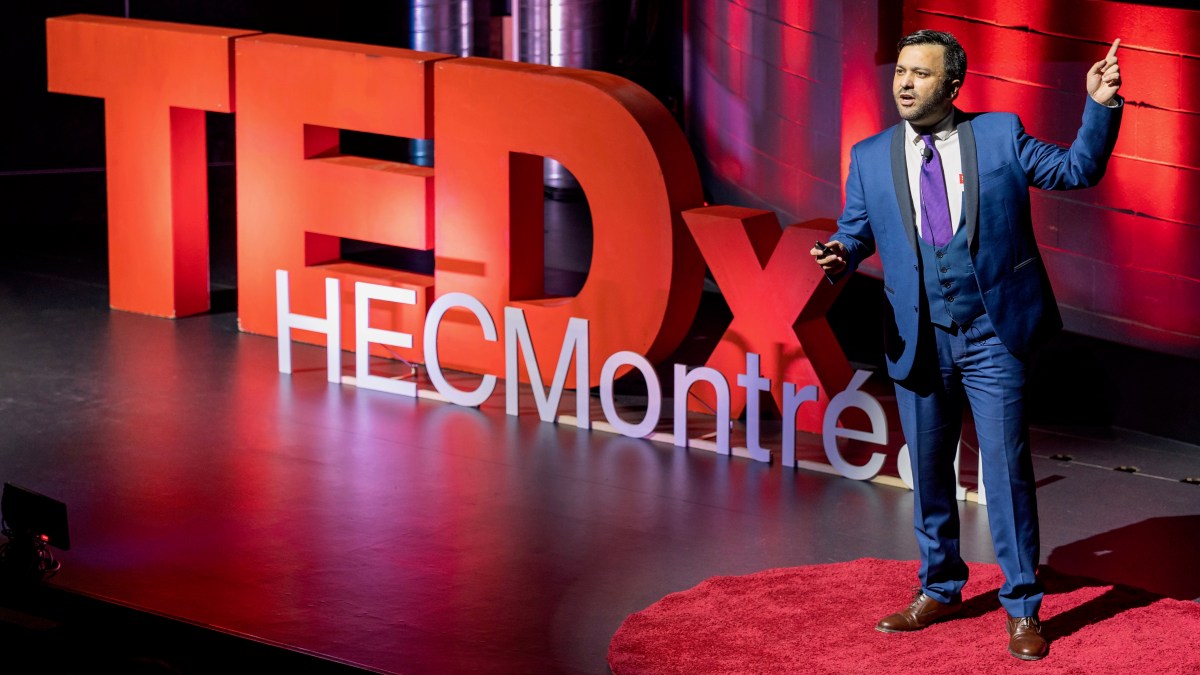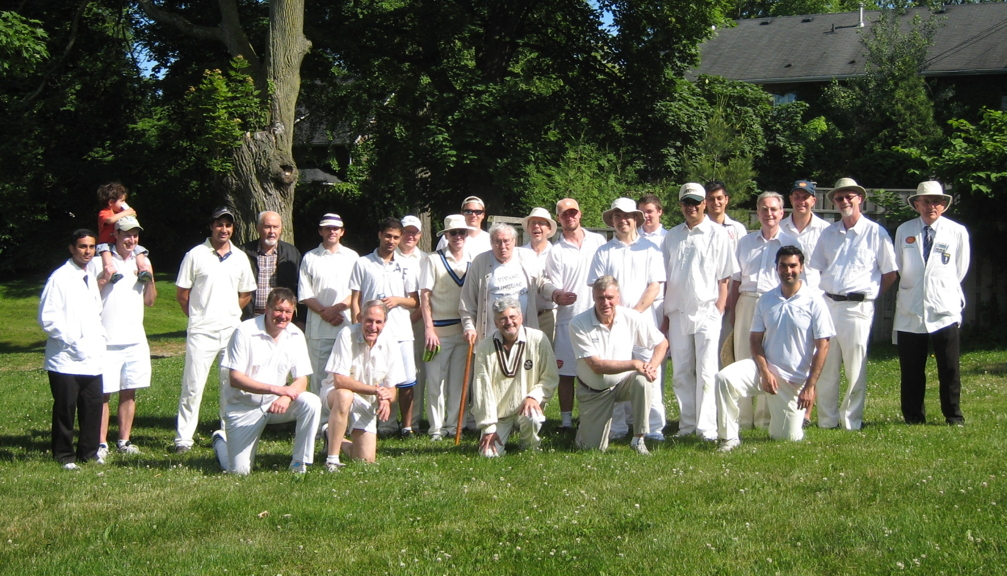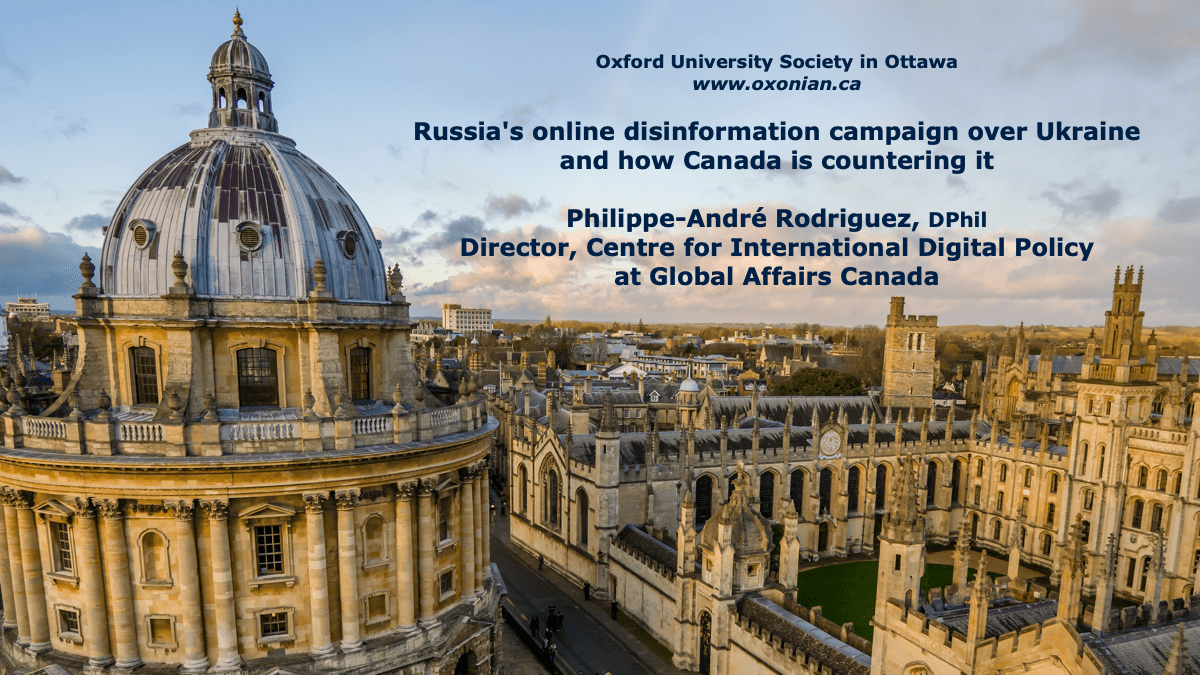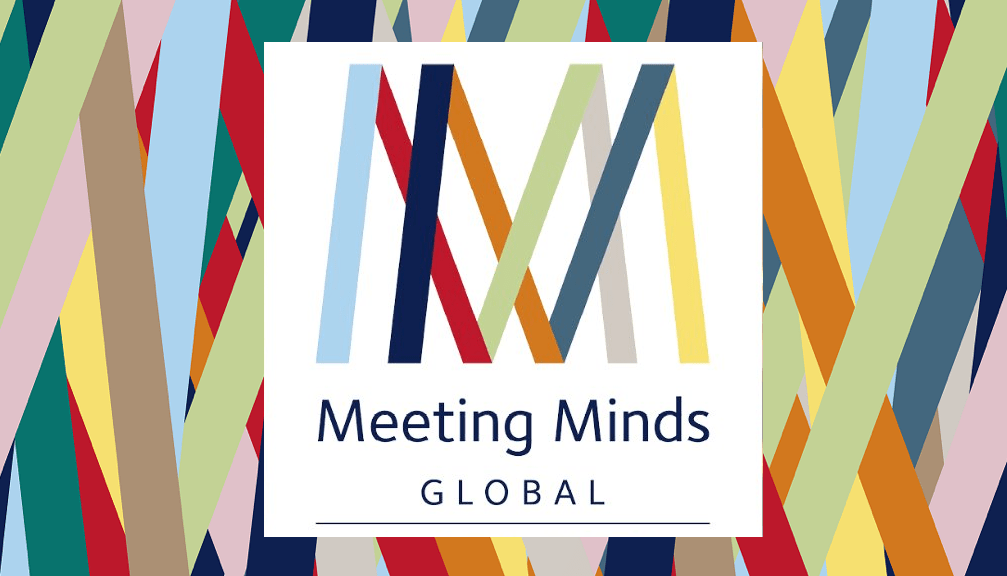Anita Anand, Canada’s Minister of Transport and Internal Trade, will speak at our 2025 annual dinner.
We are delighted to announce that Anita Anand (Wadham College) will be our guest speaker at our Annual Dinner, on Wednesday 29 January 2025. She is Canada’s Minister of Transport and Internal Trade.
Anita previously held a variety of cabinet positions, including President of the Treasury Board, Minister of Defence, and Minister of Public Services and Procurement.
Before her career in politics, she worked as a scholar, a researcher, and an academic. She was a Professor of Law at the University of Toronto, a member of the Governing Board of Massey College, and Director of Policy and Research at the Capital Markets Institute.
She was called to the Bar of Ontario in 1994, and has taught law at Queen’s University, Western University, and Yale University.
Date: Wednesday, 29 January 2025
Time: 18h00 for 18h30
Place: Senior NCO Mess, 4 Queen Elizabeth Driveway, Ottawa
Directions: Google Maps; Bing Maps
Cost: $95 for members; $115 for non-members
Payment: Interac, via ous.ottawa@gmail.com
Registration: Online, via Google Forms
Our annual dinner is a lovely opportunity for recent graduates, long-time members, and friends of Oxford to meet, to break bread together, and to celebrate our shared bond through our affection for the University. Traditionally, most of our attendees have worn black tie, but this is optional.
The cost of the dinner is $95 per person for current OUS Ottawa members, and $115 per person for non-members (including past members who have not renewed). Payment of the dinner fee and any membership dues may be submitted by Interac online payment, via ous.ottawa@gmail.com.
To reserve dinner places, please complete the online registration form. Your reservation must reach us no later than 22 January 2025, but please note that the annual dinner is traditionally our most popular event, and all places may be spoken for well before the registration deadline.
We very much hope to see you there.
